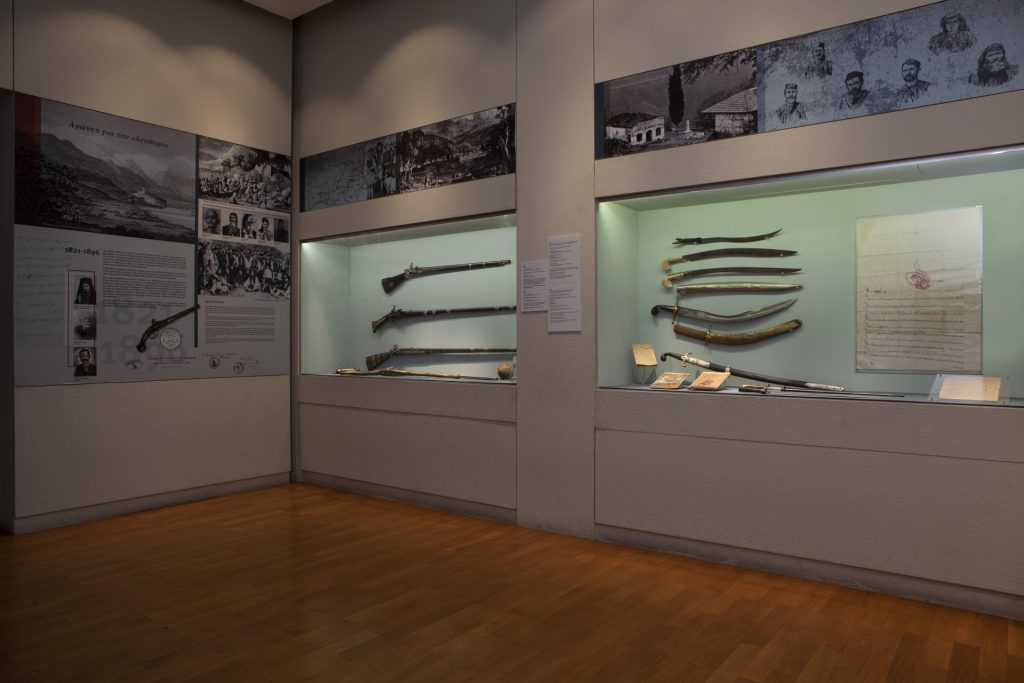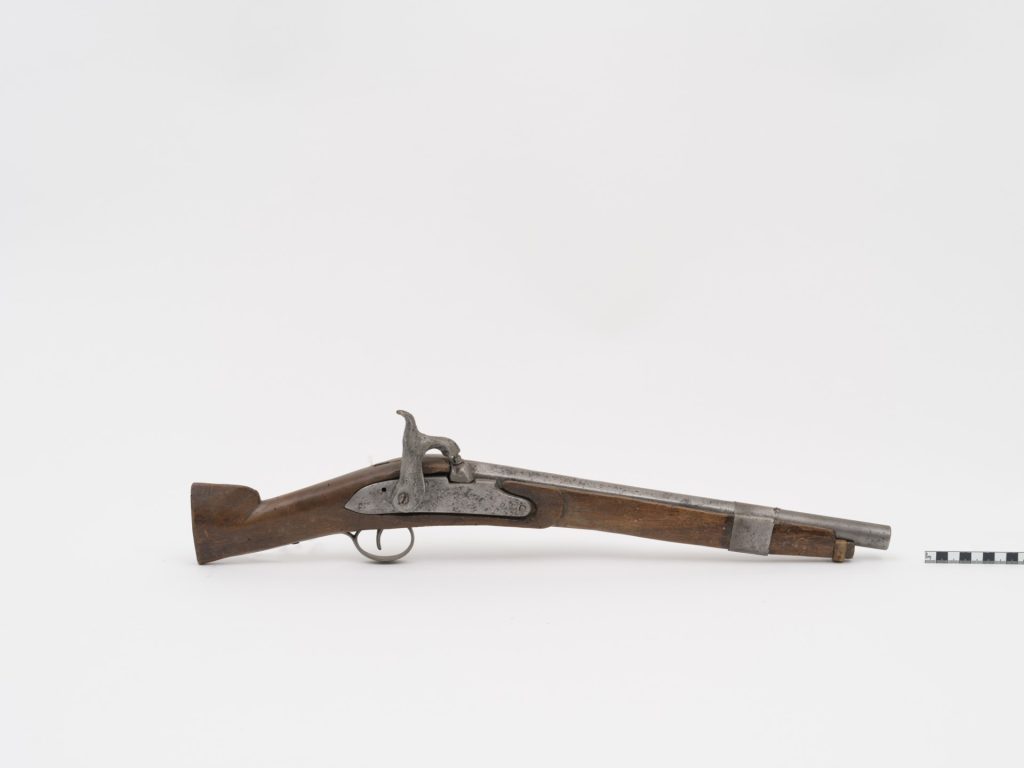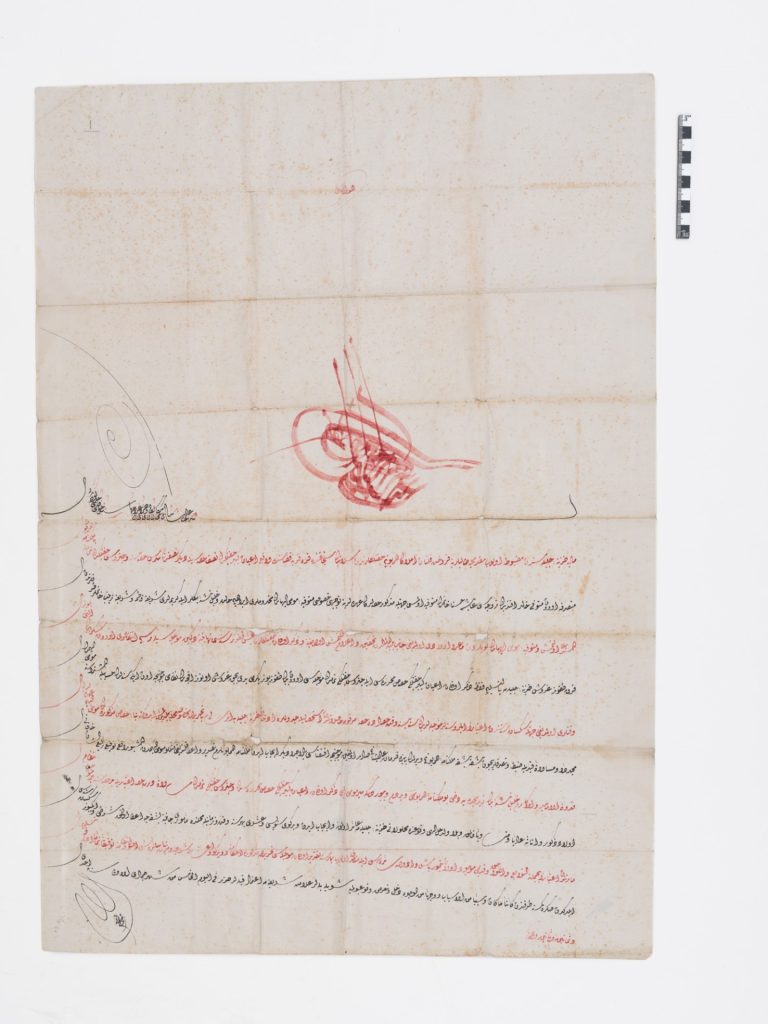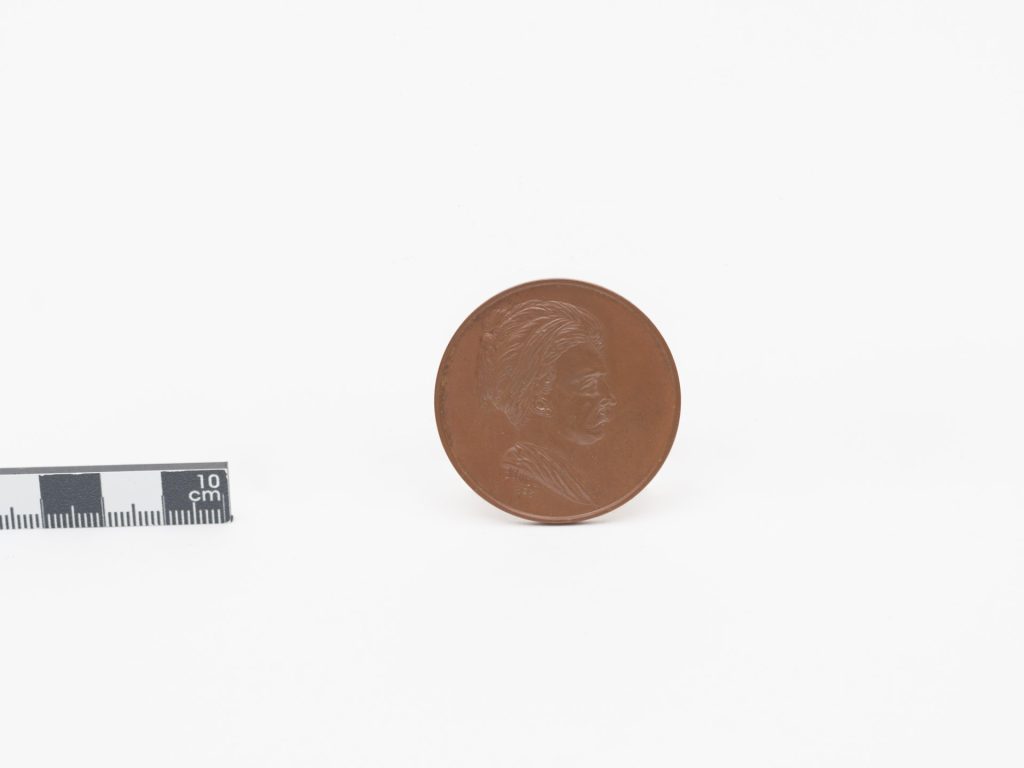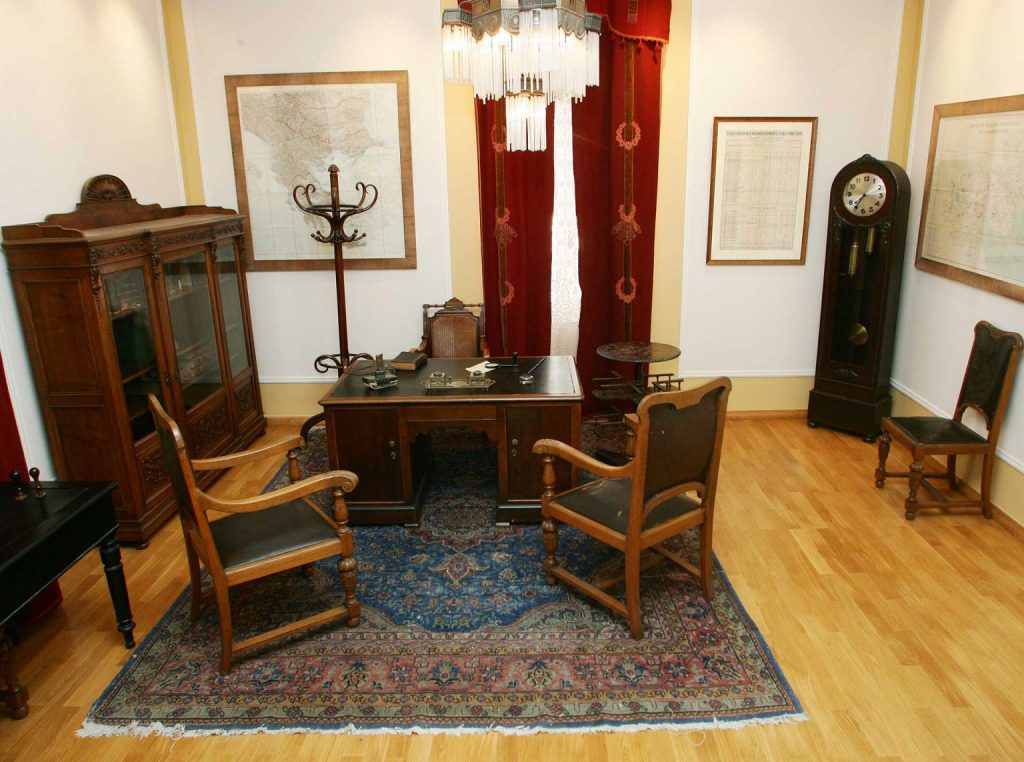Struggles for Liberation
Permanent Exhibition
The Greek revolutionary movements in Macedonia during the 19th century
1821-1822
The year 1821 marked the outbreak of the Greek Revolution against the Ottomans, which led to the establishment of the independent Greek State after four hundred years of Ottoman rule. The Greeks of Macedonia, economically and culturally prosperous, participated in the revolutionary movements that broke out, centred in Mount Athos and Chalkidiki, Mount Vermio and Naoussa, Mount Olympus and the Pierian Mountains. The operations failed due to the inadequate military preparation of the Greeks. They ended with the fall of Naoussa and the massacre of its heroic defenders by the Ottomans. The fighters who managed to escape continued to fight in Southern Greece. After the formation of the free Greek State, they did not stop their efforts to liberate their homeland.
1854-1856
During the Crimean War, new Greek uprisings took place in the region of Macedonia on three fronts: Western Macedonia, Chalkidiki and Mount Olympus. Their successes were limited. The European forces were not interested in these struggles, as their interests were intertwined with maintaining the territorial integrity of the Ottoman Empire.
1878
The Russo-Turkish War of 1877-1878 roused the Greeks of Macedonia once again. The uprising broke out a few days before the capitulation of the Ottomans in San Stefano (a suburb of Constantinople), where Russia forced the sultan to create a “Greater Bulgaria”, which would contain all of Macedonia, except for Thessaloniki and Chalkidiki. This development rekindled the Greek uprising, mainly in Western Macedonia. In June 1878, at the Congress of Berlin, it was ultimately decided that Macedonia should remain in Ottoman territory and two semi-autonomous principalities would be established; Eastern Rumelia and Bulgaria. A few years later, Bulgaria promulgated its aspirations in Macedonia through the organised action of armed forces (the “Comitadjis”), which were directed mainly against the Greek communities of Macedonia.
1896-1897
In the summer of 1896 there were new uprisings in Macedonia, which were repeated in the spring of 1897, almost at the same time with the Greco-Turkish War, also known as the “Unfortunate War”.
The Macedonian Society
Permanent Exhibition
The Consulate General of Greece in Thessaloniki
Permanent Exhibition
Characteristics of the Struggle
Permanent Exhibition

